The girls, I liked them very much at an early age
infinitely respectful, in an unconditional way; almost like a fan.
When I was ten years old, I was delighted to take up their cause. I listened to them at recess, telling me their sorrows and joys, not as if I were one of them, but precisely as a boy who made a point of wanting to hear them and not consider them as pieces of butchery in which there was nothing to do but to pour out my heart, which I took pride in for my species and pleasure - at least intellectual - for myself. Where had I understood the oppression of their sex in a world where men reigned? Probably not in my home, because this was not the scenario that was openly played out between my mother and father. Both seemed perfectly bound in the perverse connivance of "thinking" we were exceptional. Was it by the Sapphic propaganda drolly operated by two homosexual women of my close family, struggling against their family environment and having, as a child, adopted me as a mascot, even an ally? My joyful closeness to them and the grateful and immoderate affection I had for them for having adopted me as one of the rare chosen boys of the lesbian planet, certainly greatly influenced my sympathy towards women, but I believe, without being mistaken, I can confide that the determining trigger of my gynophilia at that time, did not come from the interested parties themselves, but from other members, a little more distant from my family: the monkeys.
The one and only contact I had with a chimpanzee was similar to that between E.T. and the little boy in the film. His index finger did not glow supernaturally when it touched mine through the bars, but a curious inner music of unheard-of sadness, never before imagined, definitely shook my carefree feeling of freedom and joy. This moment marked my life and the event did not generate anger afterwards, nor even stupor, so much its comprehension was instantaneous, of an almost paranormal understanding between my five years old brain and his. In a fraction of a second, in a plunge into that unfathomable gaze, through the frail touch of our skin textures so different but so close, I had fallen into the abrupt insight of what were at the same time, the misery, the cruelty and the despair that they gave rise to, but also the empathy that could suddenly bind two beings without any consideration for the notorious differences of their genetic code. This is to say how easy it would be for me later, too easy no doubt, to feel a closeness to certain outcasts. For it was more the exclusion of the right to live freely than the imprisonment of this little primate, who had been dressed in a child's sailor's outfit in order to better put him on sale on the Mégisserie quay, that suddenly lit up in my mind. My father and I often passed by there, living at the time on the other side of the Pont neuf. I don't know if we went back there again later, but I kept that moment as the only and last leaden memory of that walk which until then had always made me euphoric.
This little monkey was my size; we were similar within a few hairs. I'll never forget that. He had no clothes on, but he didn't wear underpants. I will never forget that either. If I did nothing more to help him at the time than to give him back the assurance that I perceived his distress as best I could, I have always remained faithful to him in my thoughts, and to this day, his clear mask and deep eyes are preciously lodged in a corner of my head. Like a friend, sometimes I greet him affectionately and kiss him.
My other shock encounter with primates, symbols of the exploitation of one group by another, yet from the same family, was through the saga of the films adapted from Pierre Boulle's novel, "The Planet of the Apes". As fake as they were, the empathy was no less great, no doubt due to the extraordinary expressiveness of the actors behind the masks. I found in the rolling of the eyes and the snubbing of the nose of the sympathetic Cornelius in the cinema, then Galen in the TV series, both magnificently played by Roddy McDowall, the same infinitely melancholic tenderness which had been exhaled by the little chimpanzee of the quays. The miracle came from the fact that in the authentic as well as in the imitation, the expressiveness seemed to be entirely condensed in the eyes.
Neither the natural flesh mask of the real ape, nor the latex prosthesis worn by the actor are familiar to us in comparison with a pair of eyes. The latter, particularly piercing, have in both cases pushed back the importance of the face, which, while superbly present, has faded away in favour of pure intention. This is the genius of any interpretation played behind a beautiful mask which, by its strangeness, is nevertheless a face inaccessible to our instinctive understanding. This is also the main quality of a masked actor. In the same way, the faces of animals, so different from ours, fascinate us by the barrier they put up in front of our ability to decode them, only to better bring out the deafly accessible presence of the wild looks that scrutinize us "behind". Somewhere, mysteriously, we understand ourselves. Thus, the skillfully masked face seizes us and we let ourselves be drawn into the heart of the fantasy it offers. But in the real world, it is best not to forget that there are no pure masks, apart from the grimaces of propriety, but composite figures, faces that it is not enough to apprehend in order to understand them with our only referents, whether they be biological, sexual, cultural or ethnic. We must look a little closer to decode the convolutions of unfathomable human thought.
Far from being a joke that could be considered derogatory, the assimilation of the world of women to that of the close cousins of "men", was certainly natural in my head.
But the most curious thing is that the feeling of being a stranger to the universe of my male comrades made me slip little by little and in an indecisive way, first into the role of the charming Cornelius in perfect harmony with his tender guenon Zira, then into the role of Zira herself, defending subtle intelligence against the brutality of the gorillas. Finally, I end up assimilating to the apes as a whole, globally discredited and exploited by humans, as narrated in the episodes bringing us back to our time. Strangely enough, at no time did I find myself identifying with the humans in the films, even when they were in the position of slaves, frightened beasts under the brutal yoke of bestial military gorillas or manipulated by cynical and unscrupulous political orangutans. Yet it seemed easy to associate directly with the primitive and defenseless humans, netted by violent gorillas on horseback. The pharaoh-inspired helmet of the leaders might even have echoed the persecution of the Jews in antiquity, and by extension, the closer persecution of the war and occupation years. But the prehistoric character of these humans was probably not treated with enough interest or realism by the director. I then noticed the cold distance I could feel towards my fellow creatures when they were portrayed in such a crude way, and I gradually understood the value that had to be given to the qualities of spirit of the victims in order to be really touched by their fate. The gaze and its depth constituted the primary link for all beings who were endowed with it. I had understood five years earlier the incredible power of upheaval during the episode of the little monkey and which finished haunting me through myriads of pairs of eyes emerging from nothingness, when I fell one day just as decisively on photos of concentration camps gathered on a few pages of the school encyclopedia. The one that struck me the most was one of those photos where a group of skeletal deportees, whose strength to stand so upright is questionable, stare at the lens, standing outside, through the fence. A second shock, then, through a sheet of glossy paper, inert this time, but with the flesh of History running through it. Those gaping eyes sucked me in like black holes. They didn't bother to say anything. We were caught up in their evidence. One was indicted by the absence of any concern to pose advantageously or even to be expressive. Beyond the suffering and the cries for help, those were projected into the cosmos much further than my sad monkey, "simply" unhappy to be in his cage and deprived of his fellow creatures; which already seemed enormous to me. At least he seemed to be eating his fill. One could hope that one day he would be adopted by conscientious and gentle people, even if deep down one would have liked all this to stop right away and that he would simply be free in his environment to live his life as a chimpanzee. But them? What could we do for them when they already seemed to be beyond us and beyond anything we could understand? I was discovering that there was a hierarchy of misfortune.
Later, I will always try to legitimately welcome the confusion of girls who would put their index finger in contact with mine to make light. There's no guarantee that they'll always notice, though. Those are the risks of being a nice guy. But that's another story...
to follow

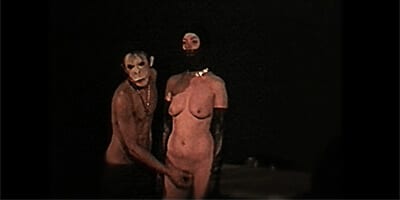
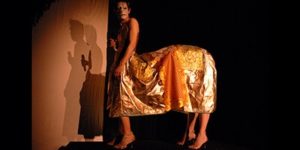
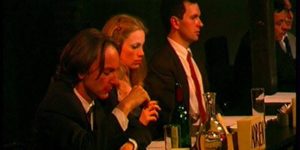
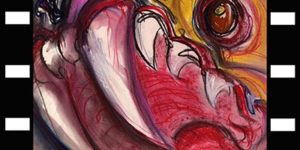
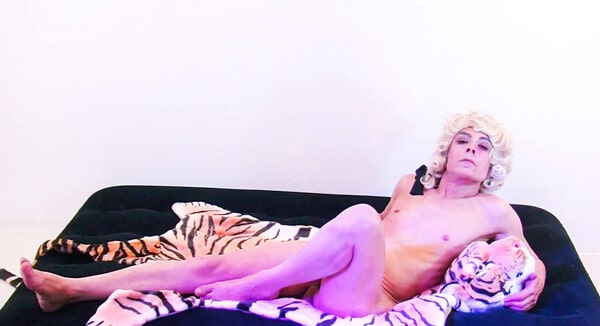



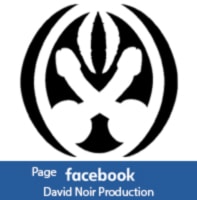
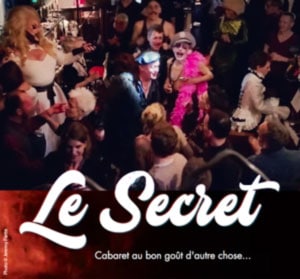
A thousand thanks for these beautiful lines written with such acuity, sensitivity and "hope" .....Comme des Mémoires et à la Recherche du temps proustien....I'm waiting for the rest....Good night. See you soon.
However, I have the bad impression of living the loss of time day by day rather than being able to search for it. We need to move faster to get back into the race. The smoke signals from readers in the distance, somewhere in the mountains, give strength to keep up. Thank you for these meaningful glances ...
again...
A lot of feelings coming up as I read you...
condition
maria
I am touched that you read me. Thank you, Maria. Love as well... Of course, yes.
Your description of the chimpanzee contact made me cry!
This is the best compliment I can pay you and what such a parallel sensitivity shows
Thank you for him.